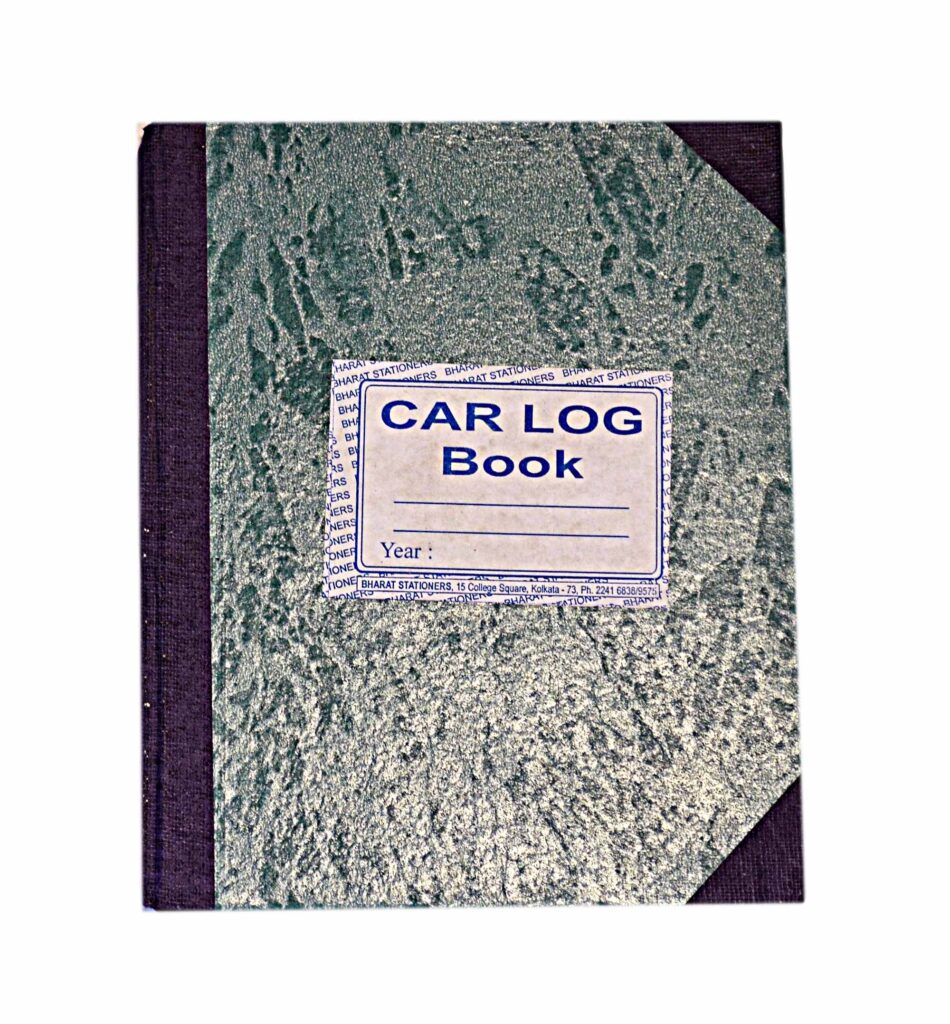A car log book, also known as a vehicle log book or car maintenance log, is a document that contains a comprehensive record of a car’s history and maintenance activities. It serves as a vital reference for car owners, mechanics, and potential buyers, providing essential information about the vehicle’s service history and overall condition.
The typical contents of a car log book may include the following:
- Vehicle Information: Details about the car, such as the make, model, year of manufacture, Vehicle Identification Number (VIN), registration number, and engine number.
- Ownership and Registration: Information about previous owners (if applicable) and details of the current registered owner.
- Service and Maintenance History: A chronological record of all maintenance and service activities performed on the car. This includes regular maintenance tasks like oil changes, tire rotations, brake inspections, and major repairs or replacements. Each entry should include the date, mileage at the time of service, the type of service performed, and the name of the servicing facility.
- Warranty Information: Details of any warranties that apply to the vehicle, including their start and end dates.
- Fuel Consumption: Some log books may include space to record fuel fill-ups, indicating the date, mileage, and amount of fuel purchased.
- Incident History: Records of any accidents, collisions, or damages that the car has experienced.
- Modifications and Upgrades: Information about any modifications or upgrades made to the vehicle, such as new parts or accessories installed.
- Vehicle Inspection Reports: Details of any official inspections or emissions tests that the car has undergone.
Having a well-maintained log book can be advantageous for several reasons:
- Resale Value: When selling a car, a complete and organized log book can boost the vehicle’s resale value, as it provides potential buyers with confidence in the car’s history and care.
- Maintenance Tracking: The log book helps car owners keep track of regular maintenance intervals, ensuring the vehicle operates at its best and prolonging its lifespan.
- Warranty Claims: For vehicles under warranty, a thorough log book may be required to support warranty claims and prove that the vehicle received proper maintenance.
- Accurate Service History: Having a record of all service and repairs helps mechanics diagnose issues accurately and avoids unnecessary duplicate work.
It’s essential to keep the car log book updated regularly, preferably after each service or maintenance activity. Electronic log books or mobile applications are also becoming popular for maintaining digital records of a car’s history.

